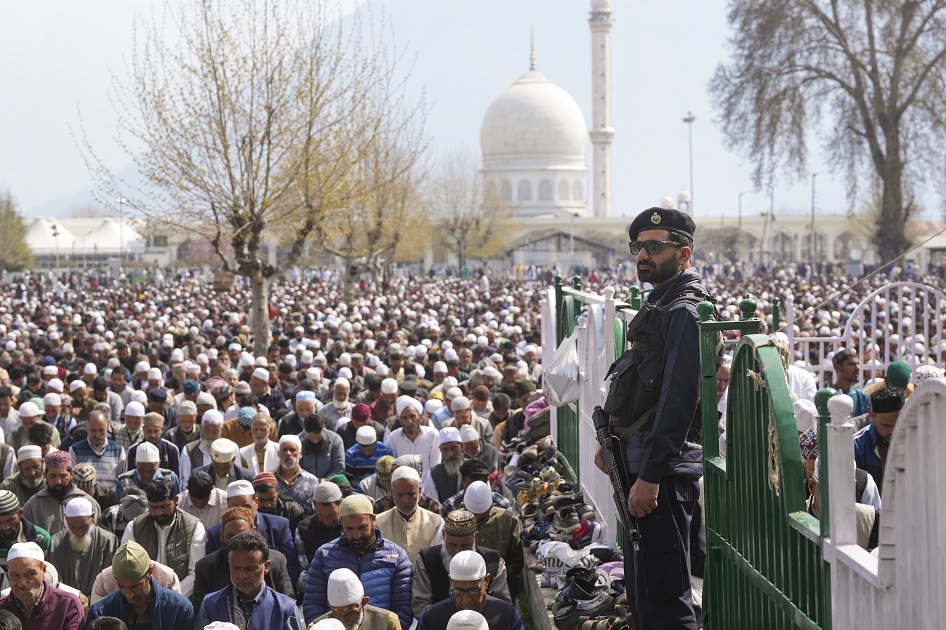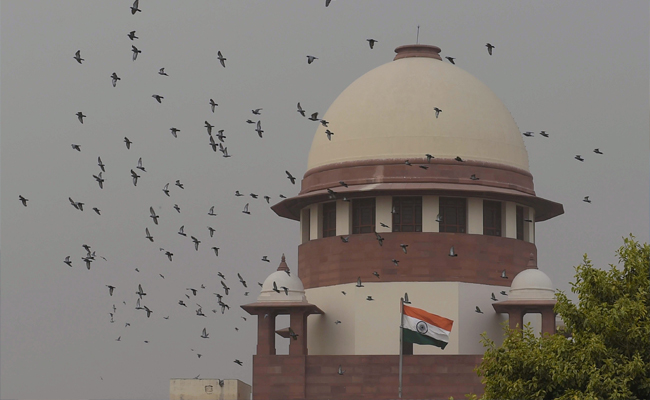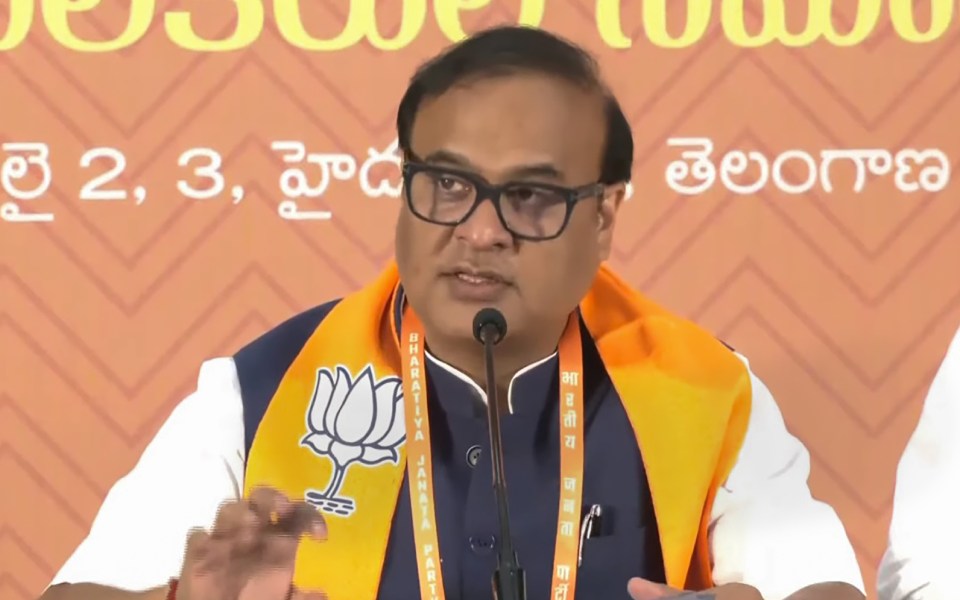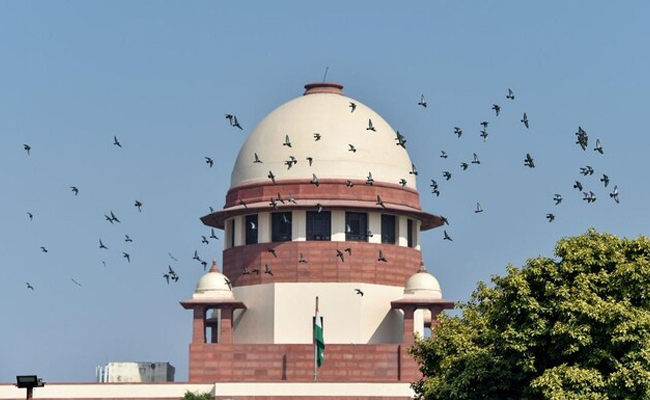Jammu (PTI): Eid-ul-Fitr was celebrated with religious fervour and traditional gaiety across the Jammu region on Monday amid tight security arrangements, with a large number of people gathering at different eidgahs to pray for peace.
Eid-ul-Fitr marks the end of the period of fasting, prayer and charity during the holy month of Ramzan, culminating in an occasion for festivities, joy and togetherness.
On the eve of Eid, Jammu and Kashmir Lieutenant Governor Manoj Sinha and Chief Minister Omar Abdullah greeted the people on the Union Territory.
On Monday, the largest congregation was held at the eidgah on Residency Road in Jammu, followed by the Mecca Masjid and the Jama Masjid Khatikan Talab, where hundreds of Muslims offered Eid prayers in the morning.
Muftis and religious scholars spoke about the significance of the day, explaining the philosophy behind the customary sacrifice.
"I want to extend my wishes to everyone on Eid, the festival of happiness. There's a tradition in Jammu where people come together during religious functions," Mufti Anayat Tullah, head priest of the Jama Masjid in Jammu, said.
Emphasising the love and brotherhood among various communities in Jammu, he said, "I hope this bond of love continues. I want to appeal to everyone -- do not fall into the trap of those spreading hate."
Let the Truth be known. If you read VB and like VB, please be a VB Supporter and Help us deliver the Truth to one and all.
New Delhi (PTI): The Supreme Court has dismissed a plea seeking the review of its decision rejecting the petitions for confiscating Rs 16,518 crore received by political parties under the 2018 electoral bond scheme.
A bench of Chief Justice Sanjiv Khanna and Justices J B Pardiwala and Manoj Misra dismissed the review plea filed by one Khem Singh Bhati against the top court's decision of August 2, 2024.
The apex court had then rejected the petition seeking confiscation of money received under the scheme.
The bench on March 26 held, "The review petition is dismissed in terms of the signed order. Pending application(s), if any, shall stand disposed of."
The top court's order, made available recently, also refused to accept Bhati's prayer for an open-court hearing in the matter.
A five-judge Constitution bench headed by former CJI D Y Chandrachud on February 15 last year scrapped the electoral bonds scheme of anonymous political funding introduced by the BJP government.
Following the top court's judgement, the State Bank of India, the authorised financial institution under the scheme, shared the data with the election commission which made it public.
The electoral bonds scheme, which was notified by the government on January 2, 2018, was pitched as an alternative to cash donations made to political parties as part of its efforts to bring in transparency in political funding.
The top court, on August 2 last year, rejected a batch of pleas including the one filed by Bhati for a court-monitored probe into the electoral bonds scheme and observed it couldn't order a roving inquiry.
The review plea, filed through advocate Jayesh K Unnikrishnan and settled by senior advocate Vijay Hansaria, said on February 15, 2024 the apex court in Association for Democratic Reforms (ADR) v. Union of India held the scheme unconstitutional for violating Article 19(1)(a) of the Constitution.
"The effect of declaring the electoral bond scheme and the various statutory provisions as unconstitutional is that the said scheme never existed and is void ab-initio and it is a settled position of law that the court only finds law and it does not make law," it argued.
The verdict in the ADR case, the plea said, rendered the EBS void since inception, and therefore, the subsequent pleas seeking confiscation of the amount collected by political parties could not have been dismissed.
"In the absence of any declaration by this court in the ADR case that the judgement would apply prospectively, the existence of the electoral bond scheme on the date of purchase could not have been the basis for dismissal of the present writ petition. The scheme stood wiped out for all purposes from the date of inception and the necessary consequences must follow,” it added.
The plea said the previous bench's reliance on the existence of parliamentary legislation permitting electoral bonds to dismiss the writ petition constituted an "apparent error on the face of the record".
The ADR judgment did not declare its findings to be prospective, which means the statutory framework supporting electoral bonds should have been treated as invalid from the outset, it contended.
The applicant claimed the verdict had a retrospective effect, rendering the scheme null and void since its inception.
The review plea claimed the August 2, 2024 verdict "indirectly modified the ADR judgment".
The plea said evidence disclosed under court directions indicated a quid pro quo between donations made through the scheme and the benefits received by corporate donors, contradicting the bench's conclusion on the claims being speculative.
"Disclosure of information regarding electoral bonds in terms of the direction of this court clearly establish that there was quid pro quo between the donations made to the political parties and benefits received by the corporate houses and the observation...that the writ petition is based on assumption about quid pro quo between the donor and donee and the petitioner is seeking a roving inquiry, suffers from apparent error," it added.





